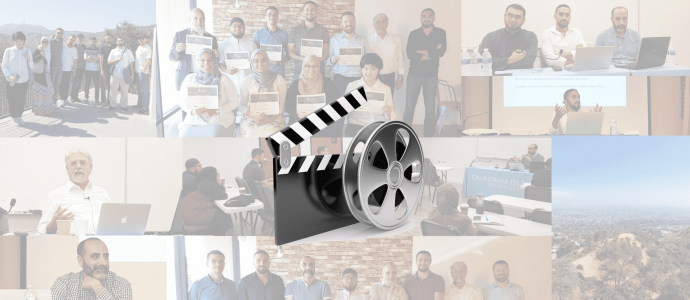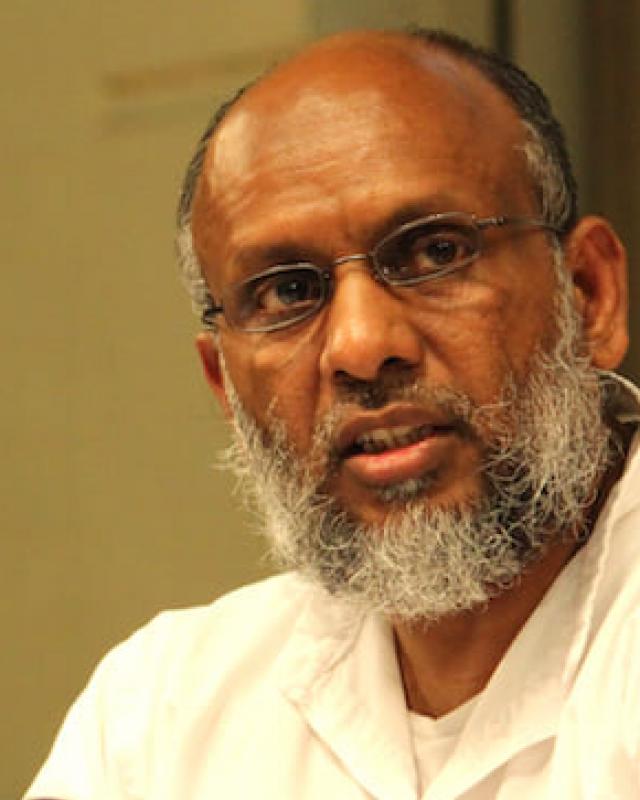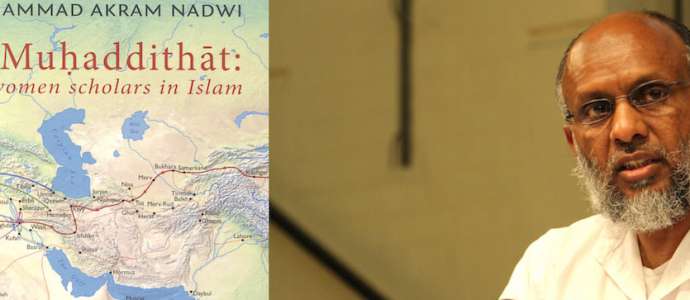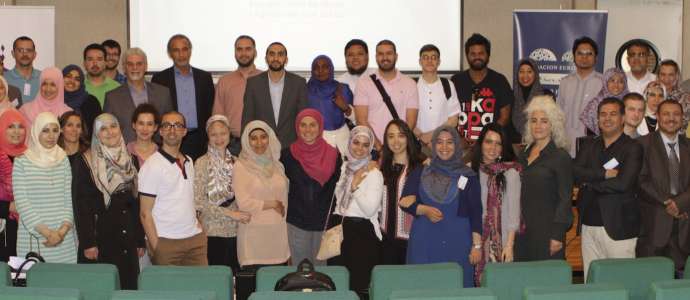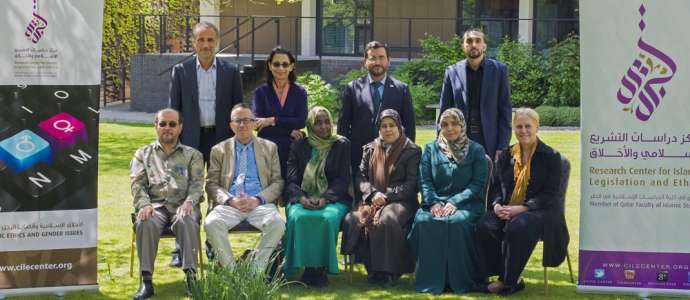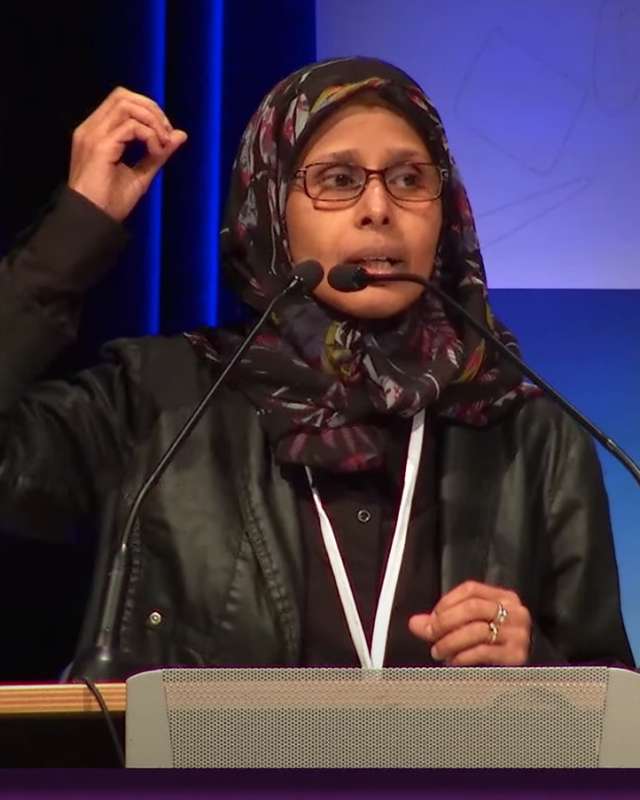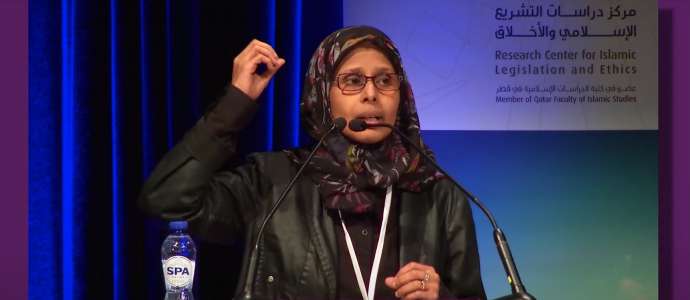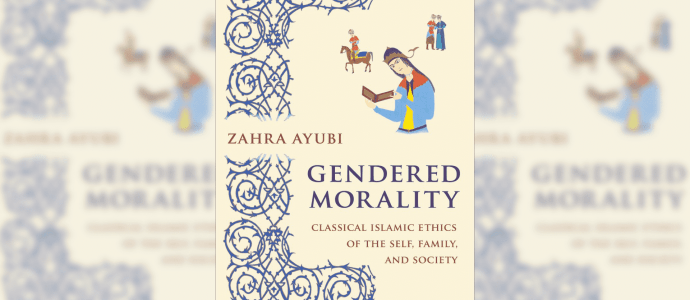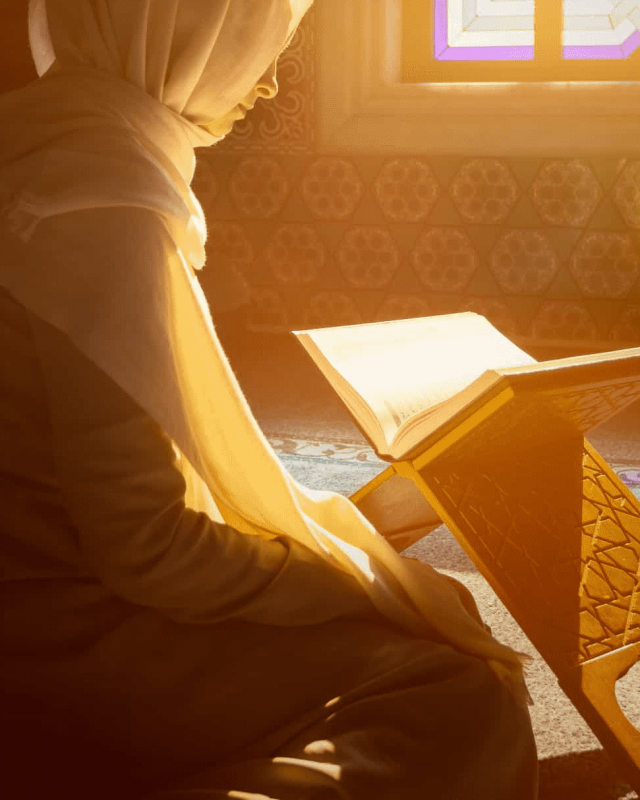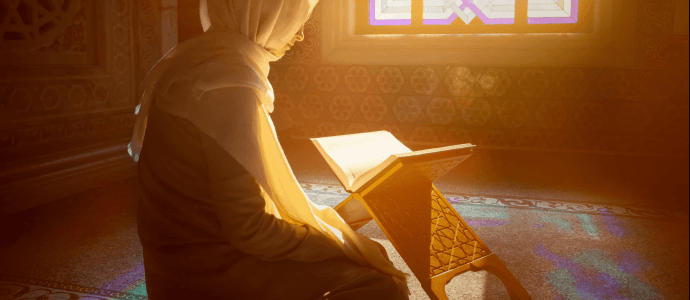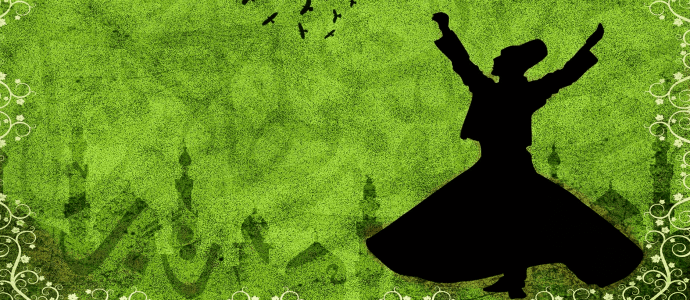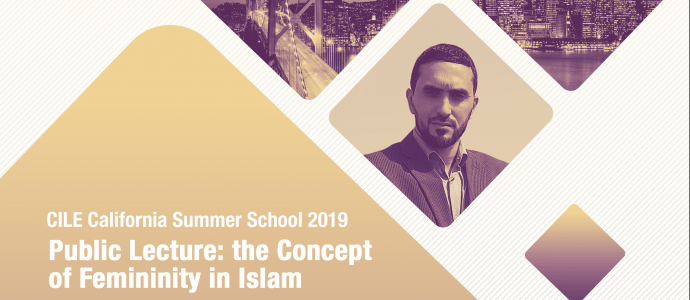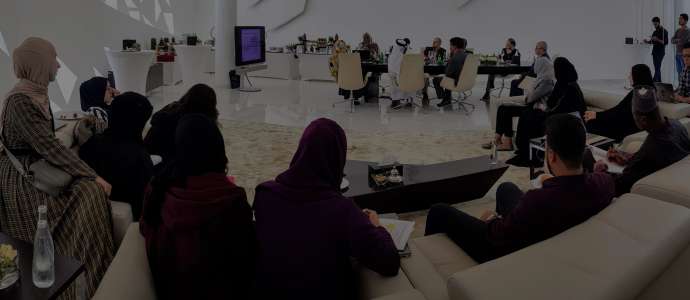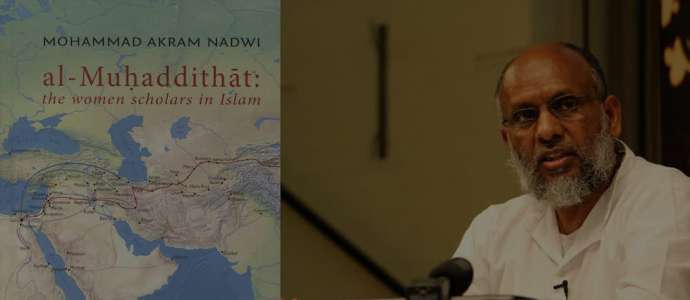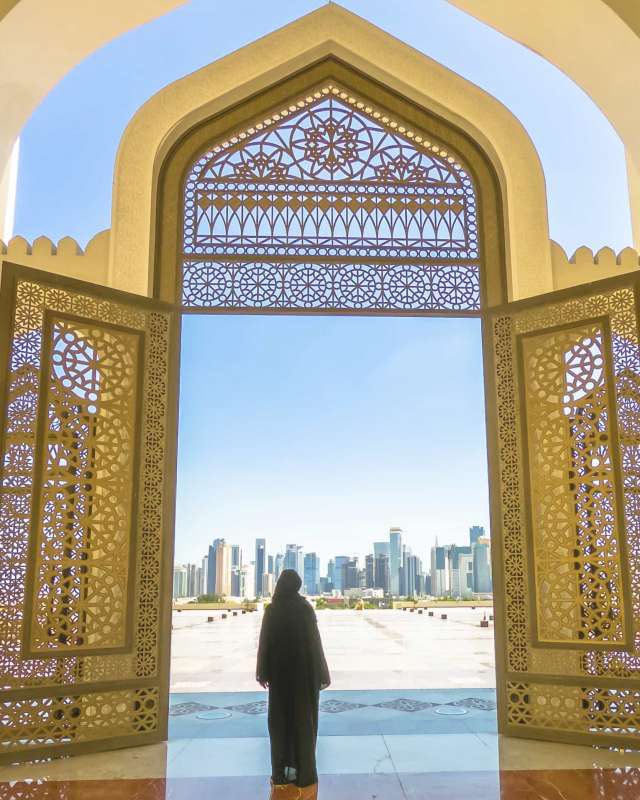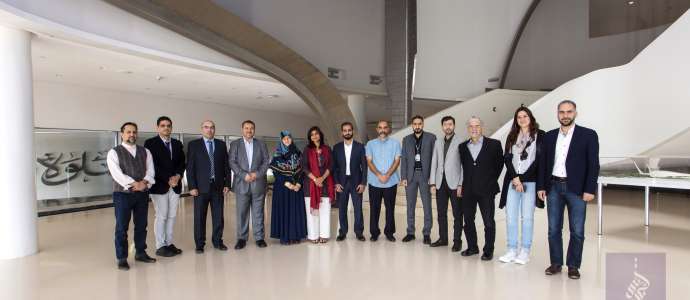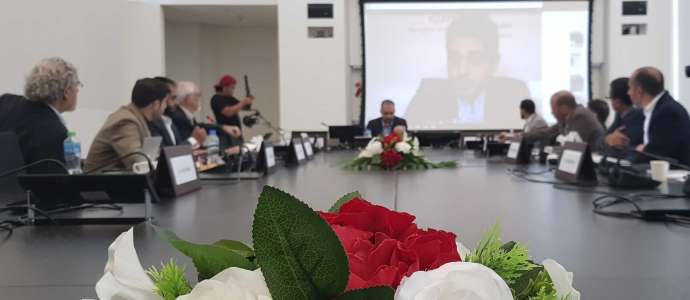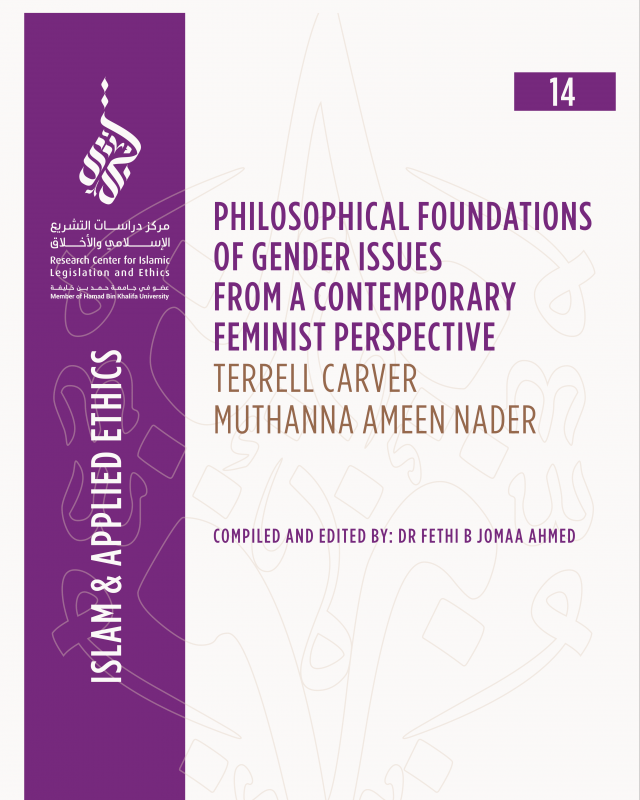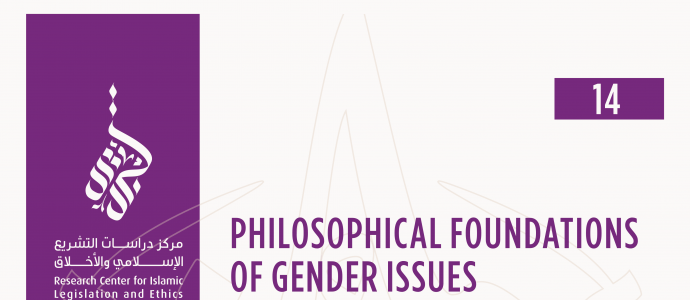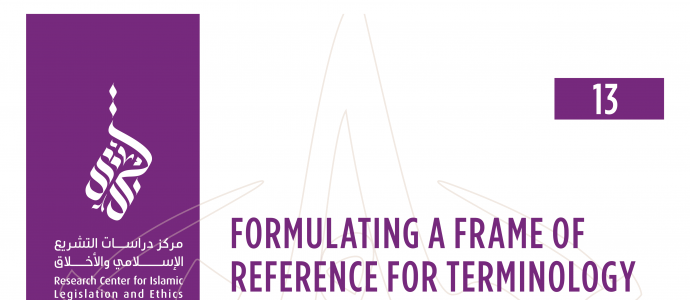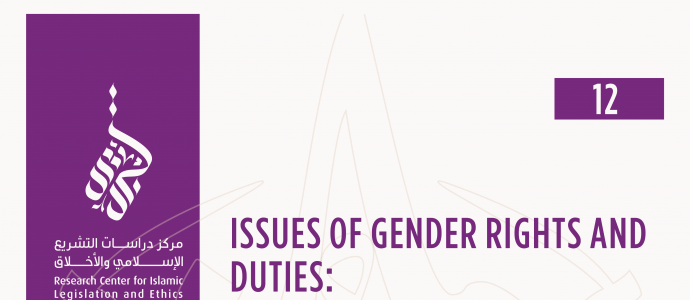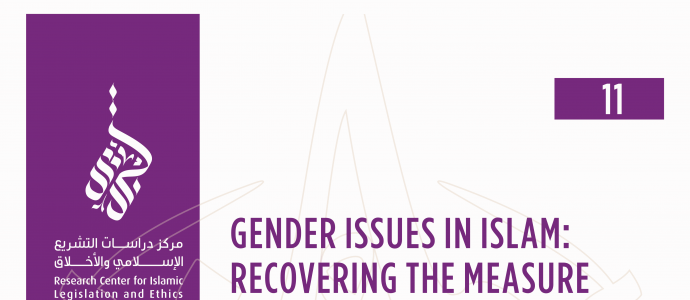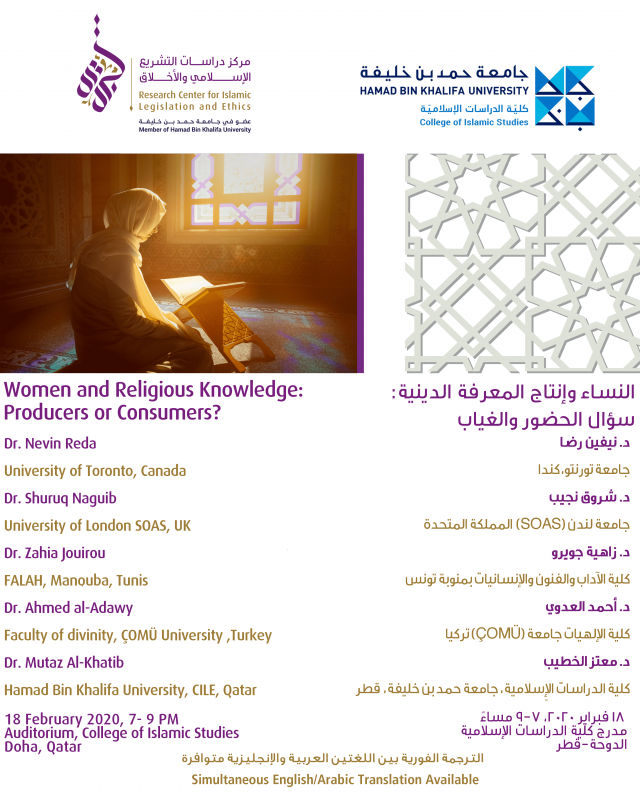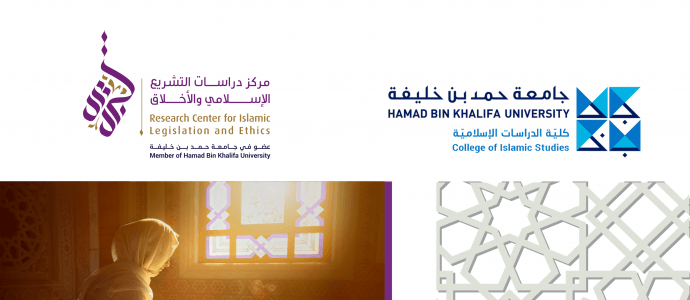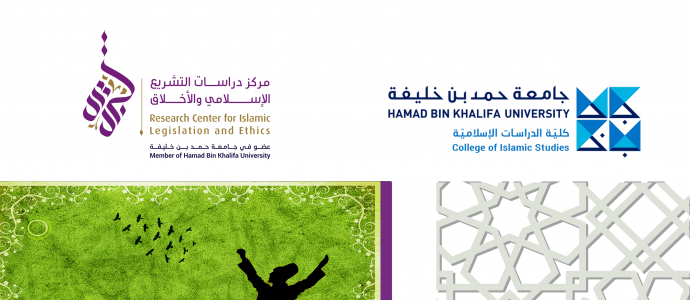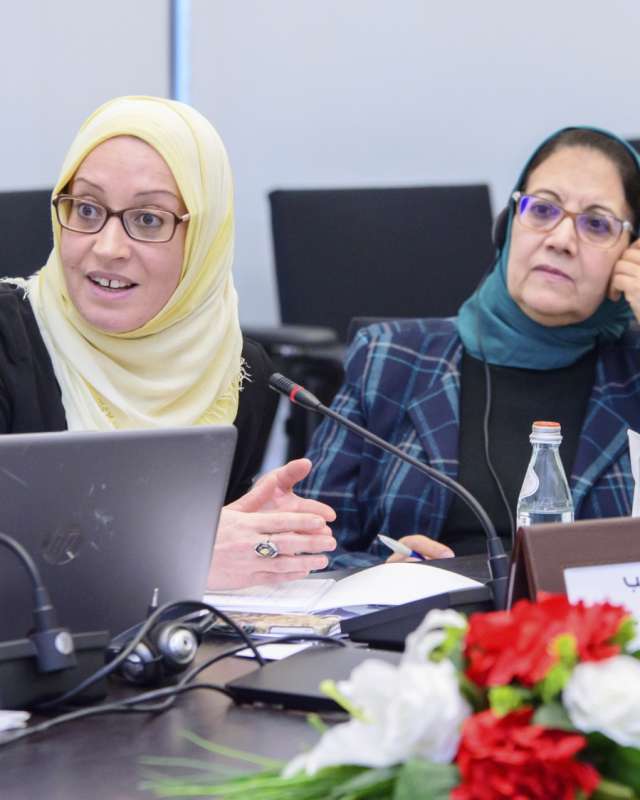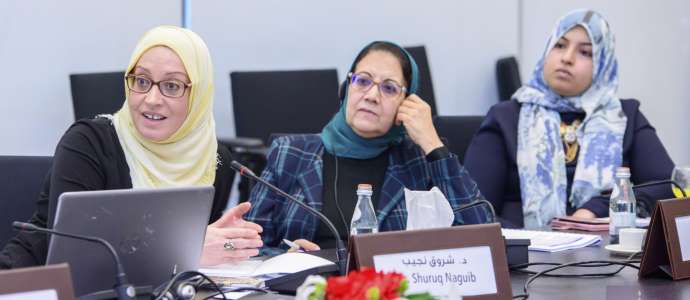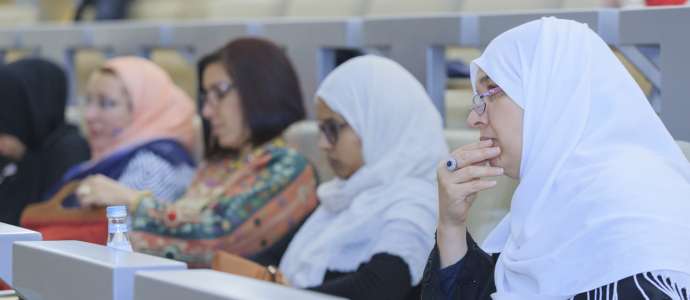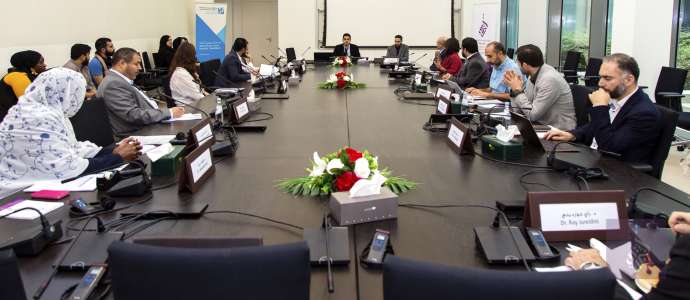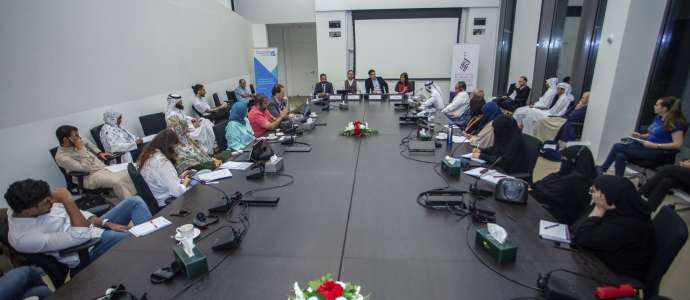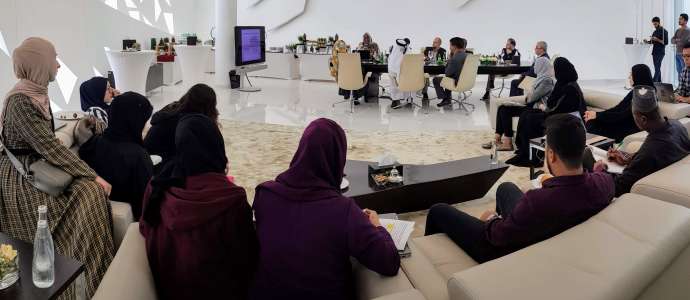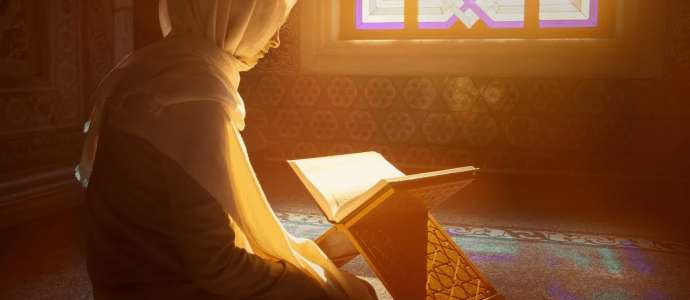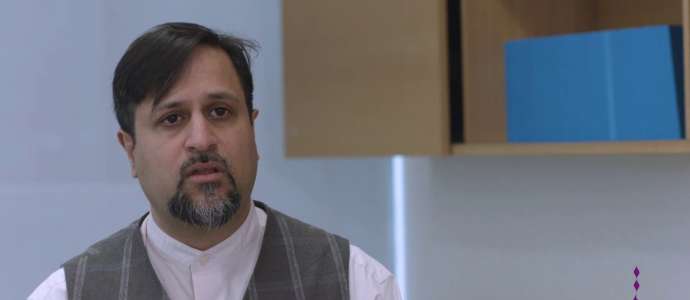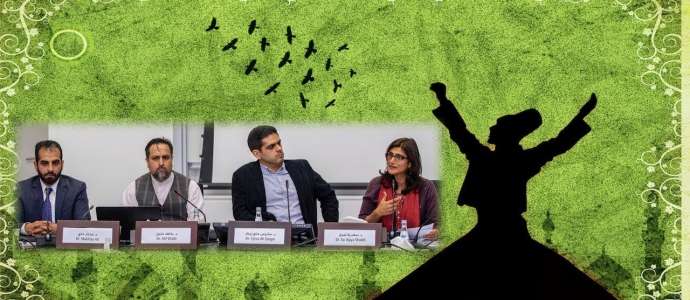
Gender issues are not only one about women. It is also about men and about the relationship between men and women. In a rapidly changing world, we need to better understand evolving cultures, changing social norms and the status and roles of the individuals within them. All of this should encourage and drive Muslim scholars to return to the scriptural sources and to ask precise and timely questions, by identifying the higher objectives of the relationship between men and women.
The issue of the status of “women in Islam” is one of global interest and debates and one where Muslim scholars must (re-)assess both the way in which the scriptural sources are read and the way in which we deal with issues within families and societies.
Before considering the roles of men or women, we should consider the spiritual dimension of their being as humans, the relationship between ethics and law and the role of men and women as individuals within families and societies. This brings us to two important concepts in Islam’s legal tradition.
First, to differentiate what is immutable/fixed and what is contingent/cultural and to identify what flexibility exists therein. Secondly, to reconsider terminologies used in the scriptural sources and to understood them in their original cultural context of revelation and in light of contemporary contexts and challenges.
This is where we need women and men – as Muslim scholars and ordinary citizens – specialized in these issues and able to differentiate between what is natural and what is cultural (i.e., part of social structure). As part of the research undertaken at this Center, we aim to tackle these issues through our seminars and to propose a new ethical framework for solutions.






